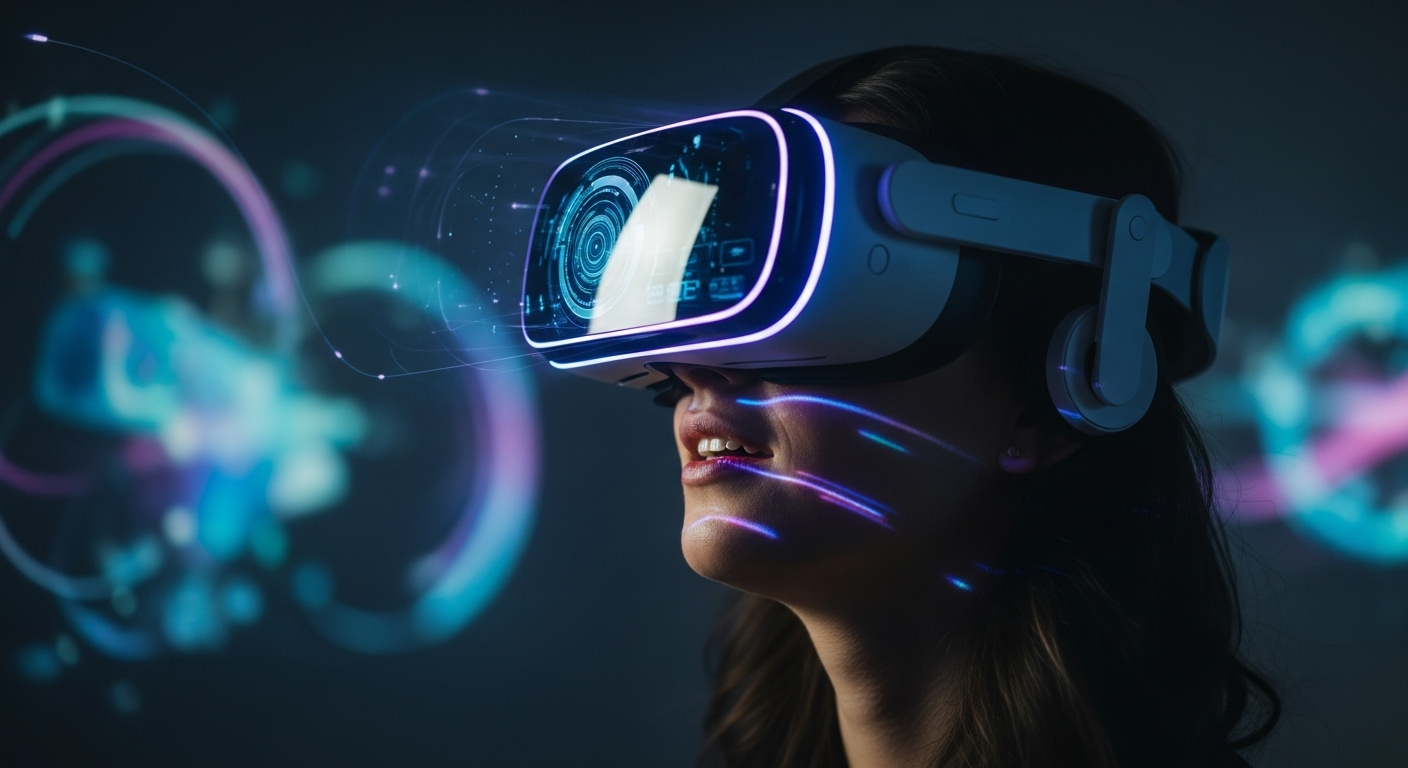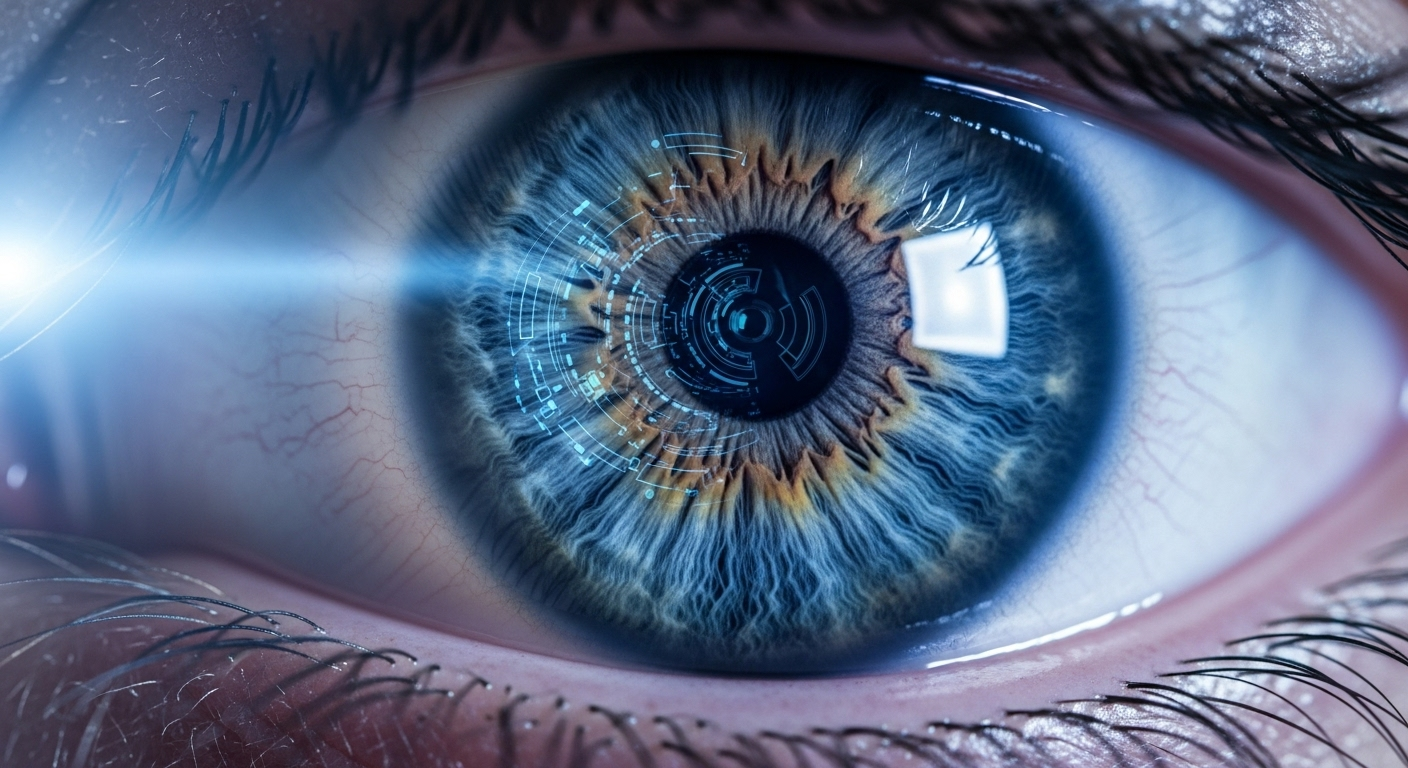Reimagining the Future with Virtual Reality in Entertainment
Introduction: Immerse yourself in a world where the physical merges with the digital, where boundaries fade, and reality takes on an entirely new dimension. Welcome to the realm of Virtual Reality (VR) in the entertainment industry—a leap into the future of artistic expression and experiential enjoyment.

A New Reality Unveiled
Virtual Reality, the technology that allows users to immerse themselves in a digitally rendered environment through the use of a headset, has been around for years. However, only recently has it started to make significant waves in the entertainment industry. Early associations with video gaming are still strong, but VR’s potential reaches far beyond this niche. It is now transforming how we consume and experience entertainment, from movies and music to theatre and visual art.
A Quantum Leap in Film and Television
The film industry has been quick to experiment with VR, recognizing the potential for creating immersive narrative experiences that traditional cinema could only dream of. Directors and producers are exploring the use of VR to create 360-degree film experiences, giving audiences new perspectives on storytelling. The recently released horror film, “Nightmare,” for instance, used VR to place viewers in the center of terrifying situations, amplifying the usual suspense and thrill of the genre.
Music in a Virtual Dimension
In the music scene, VR is redefining how we experience live shows and performances. Artists are experimenting with virtual concerts, offering fans experiences that go beyond mere viewing. For instance, the recent virtual concert by the pop star ‘Eclipse’ allowed fans to interact with the music, choose their vantage point, and even influence the concert’s visual effects—all in real time.
VR in Performing Arts & Visual Artistry
Similarly, in theater and the performing arts, VR brings a new level of immersion and interactivity. Plays are no longer confined to the proscenium; they envelop the viewer in a 360-degree narrative. VR also opens up new possibilities for visual artists, enabling them to create immersive, interactive installations that challenge conventional perceptions of art.
Repercussions and Reverberations
Despite the exciting prospects, VR’s impact on the entertainment industry is not without controversy. Critics argue that the technology can isolate users, detracting from the communal experience of traditional forms of entertainment. However, proponents argue that VR offers a new form of social interaction, with shared virtual spaces and experiences.
As we look to the future, it’s clear that Virtual Reality will continue to shape the entertainment landscape. With its capacity for immersive, interactive experiences, it offers a new canvas for artists and entertainers to express their creativity. And for audiences, it offers a whole new way to experience the world of entertainment. As we don our headsets and step into these virtual realms, we are not just spectators but active participants in a future reimagined.





